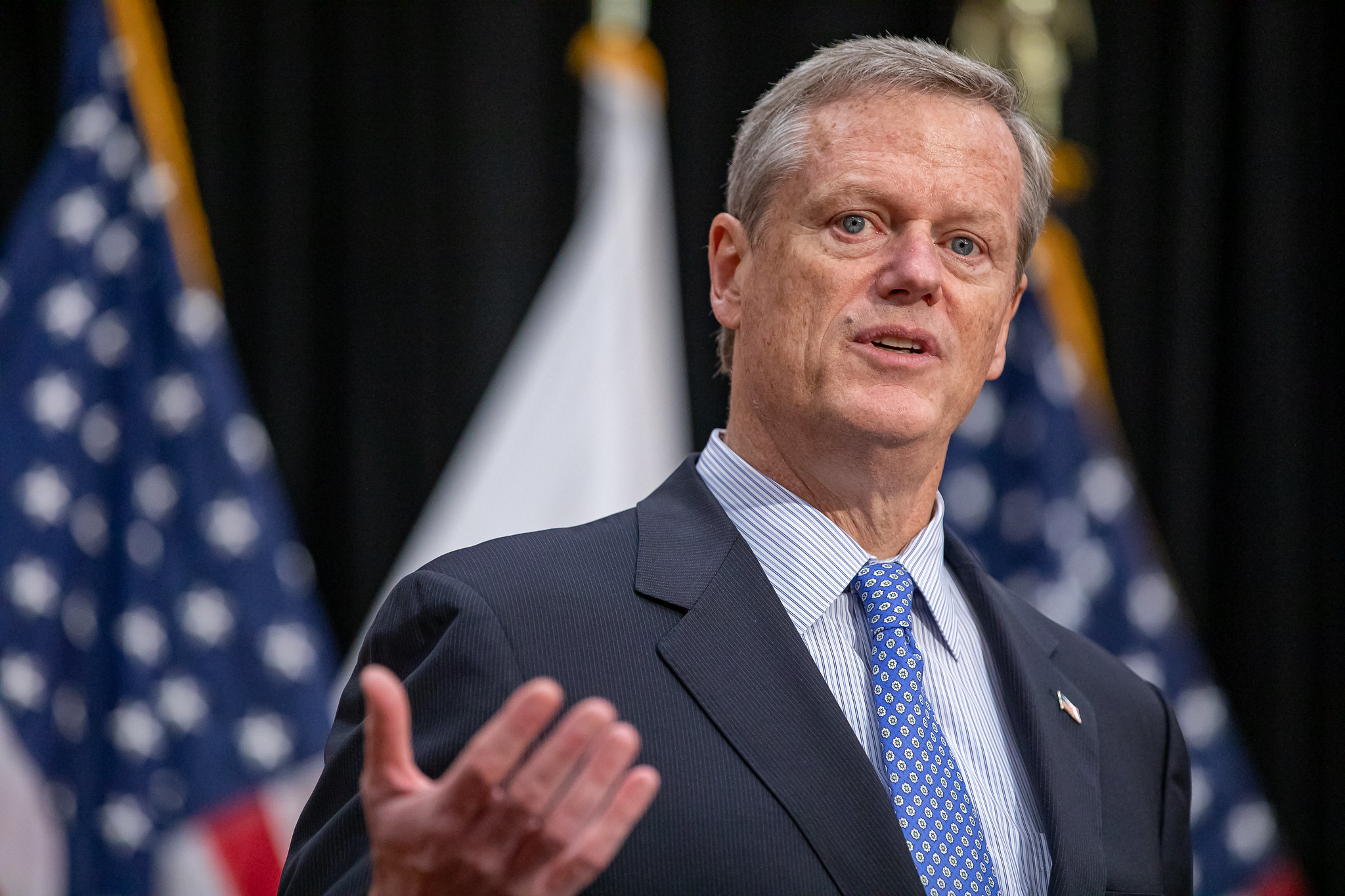Children play a larger role in spreading coronavirus than researchers previously thought, according to findings from the most comprehensive study of the disease in children to date.
As school districts throughout Massachusetts grapple with how to bring students back safely this fall, the results of the studyare prompting warnings from researchers at Massachusetts General Hospital and Mass General Hospital for Children. A hurried return to school without proper planning could result in an uptick in cases of COVID-19 infections, they found.
“If schools were to reopen fully without necessary precautions, it is likely that children will play a larger role in this pandemic,” the authors wrote.
In a study of 192 children up to age 22, 49 tested positive and another 18 had late-onset COVID-19-related illness. The data shows that infected children have a "significantly higher level" of the virus in their airways than adults who were hospitalized in ICUs for coronavirus treatment.
Children can carry a high viral load, which means they are more contagious, regardless of their susceptibility to developing an infection.
“I was surprised by the high levels of virus we found in children of all ages, especially in the first two days of infection,” said Dr. Lael Yonker, director of the MGH Cystic Fibrosis Center and lead author of the study. “I was not expecting the viral load to be so high.
"You think of a hospital, and of all of the precautions taken to treat severely ill adults, but the viral loads of these hospitalized patients are significantly lower than a ‘healthy child’ who is walking around with a high SARS-CoV-2 viral load.”
The most critical question pediatricians get from parents is what steps the schools will take “to keep the kids, teachers, and personnel safe," according to Yonker and Dr. Alessio Fasano, director of the Mucosal Immunology and Biology Research Center at MGH and senior author of the study.
Researches warn that schools shouldn't rely on temperature checks or symptom screenings to identify cases of coronavirus among students, according to recommendations from the study, which includes 30 co-authors from MGH, the Massachusetts Institute of Technology, Brigham and Women’s Hospital and Harvard University.
“This study provides much-needed facts for policymakers to make the best decisions possible for schools, daycare centers and other institutions that serve children,” said Fasano.
“Kids are a possible source of spreading this virus, and this should be taken into account in the planning stages for reopening schools.”
Even when children show typical coronavirus symptoms, like fever, runny nose and cough, they often overlap with common illnesses like the flu or the common cold. This creates confusion when doctors are trying to diagnose the illness, according to Yonker.
The researchers emphasized the importance of infection control measures, like social distancing, wearing masks, hand-washing and a combination of remote and in-person learning. They also recommend routine coronavirus testing with timely reporting of the results, calling it an "imperative part," of a safe return to school.
“Kids are not immune from this infection, and their symptoms don’t correlate with exposure and infection,” says Alessio Fasano, MD, director of the Mucosal Immunology and Biology Research Center at MGH and senior author of the manuscript. “During this COVID-19 pandemic, we have mainly screened symptomatic subjects, so we have reached the erroneous conclusion that the vast majority of people infected are adults. However, our results show that kids are not protected against this virus. We should not discount children as potential spreaders for this virus.”
The researchers note that although children with coronavirus are not as likely to become as seriously ill as adults, they can carry the virus with little to no symptoms while attending school and potentially can spread the infection there or bring the virus into their homes.
This is a particular concern for families in certain lower income groups, which have been harder hit in the pandemic and multi-generational families with vulnerable older adults in the same household. In the study, 51 percent of infected children came from low-income communities compared to 2 percent from high-income communities.
The researchers also studied immune response in Multisystem Inflammatory Syndrome in Children (MIS-C), a multi-organ, systemic infection that can develop in children with COVID-19 several weeks after infection. Complications can include severe cardiac problems, shock and acute heart failure.
“This is a severe complication as a result of the immune response to COVID-19 infection, and the number of these patients is growing,” said Fasano, a professor of Pediatrics at Harvard Medical School (HMS). “And, as in adults with these very serious systemic complications, the heart seems to be the favorite organ targeted by post-COVID-19 immune response."
Understanding MIS-C and post-infectious immune responses from pediatric COVID-19 patients is critical for developing next steps in treatment and prevention strategies, according to the researchers. Early insights into the immune dysfunction in MIS-C should prompt caution when developing vaccine strategies, Yonker said.
More on Reopening Schools in Massachusetts
School districts across Massachusetts are releasing plans for the 2020-2021 school year, a year which figures to start out u002du002d at the very least u002du002d unlike any other.



